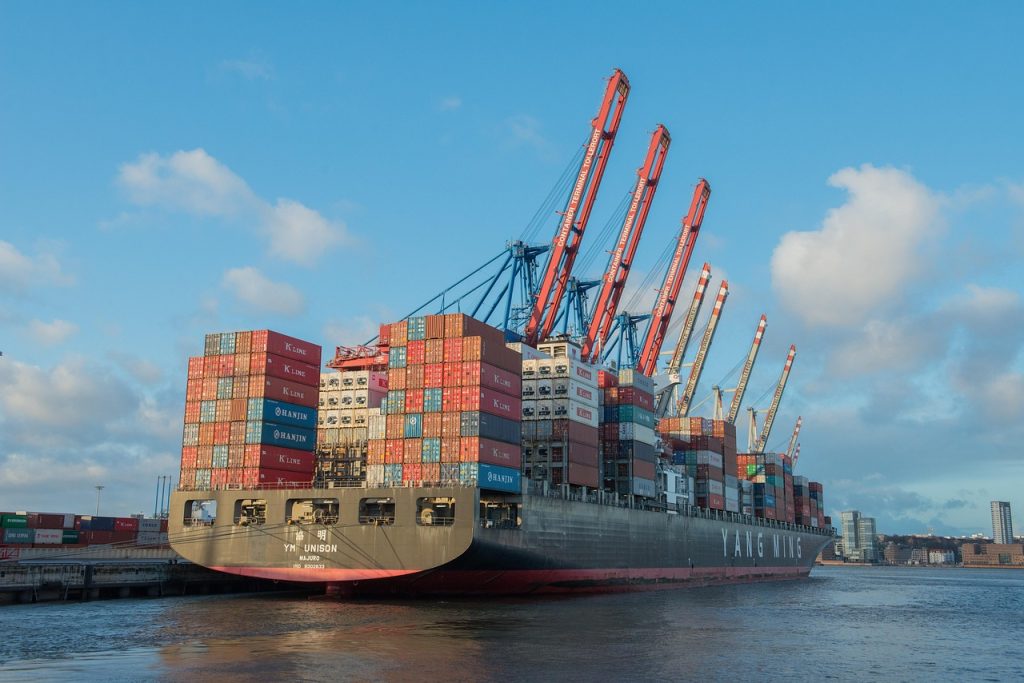The Role of Ports in Global Trade
Ports and Shipping are the heart of international commerce. They serve as critical hubs where cargo is loaded and unloaded from vessels. Efficient port operations reduce delays, lower costs, and ensure goods move smoothly across the globe. Most ports today use advanced systems to track containers, manage traffic, and maintain safety.
Shipping: The Backbone of the Global Economy
Shipping is responsible for over 80% of global trade by volume. Vessels transport everything—from raw materials and food to electronics and cars. With growing demand, the shipping industry continues to modernize to meet speed, efficiency, and environmental standards.
Types of Vessels in Use
- Container Ships: These vessels carry goods in large containers. They offer fast and secure transport for a wide range of products.
- Bulk Carriers: These ships handle unpackaged cargo like grains, coal, and ores.
- Tankers: Tankers transport liquid cargo, such as oil, chemicals, and liquefied gas.
- Ro-Ro Vessels: These roll-on/roll-off ships move wheeled cargo like cars and trucks.
Each vessel type is designed for specific cargo needs and plays a unique role in global logistics.
Modern Technology in Ports and Shipping
Digital systems now guide port operations and shipping logistics. Smart ports use AI, IoT, and blockchain to improve efficiency. GPS tracking and satellite communications help monitor vessel movement in real-time, reducing the chance of delays or loss.
Automation is also becoming common in ports. Automated cranes, container scanners, and autonomous vehicles speed up loading and unloading processes. These advancements reduce human error and improve safety.
Sustainability in the Maritime Industry
Ports and shipping companies are taking steps to reduce their environmental impact. Many vessels now use cleaner fuels and are designed to cut emissions. Ports invest in shore power systems, allowing docked ships to use electricity instead of burning fuel.
Conclusion
Ports and shipping form the foundation of global trade. With advanced vessels, smarter ports, and greener practices, the maritime industry continues to evolve. As technology grows, the sector will only become more efficient and sustainable.
